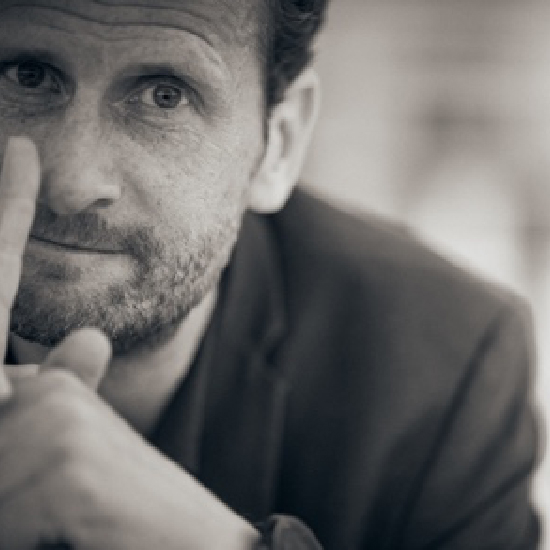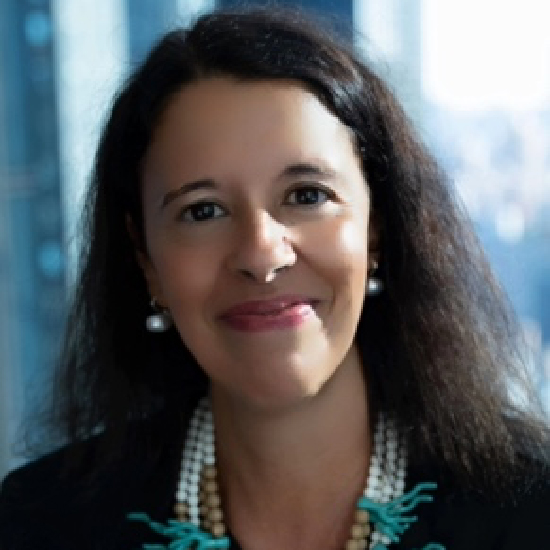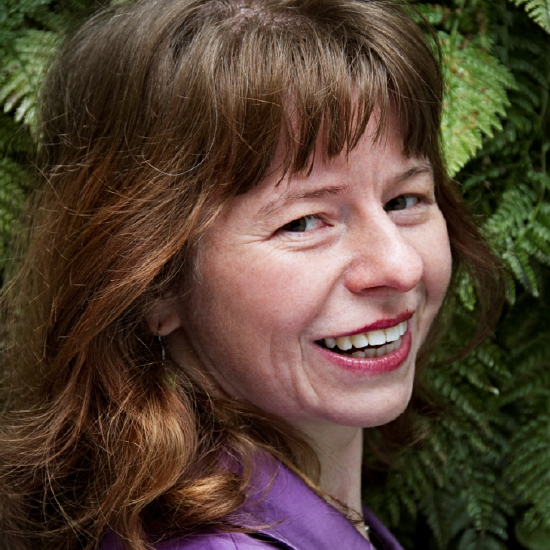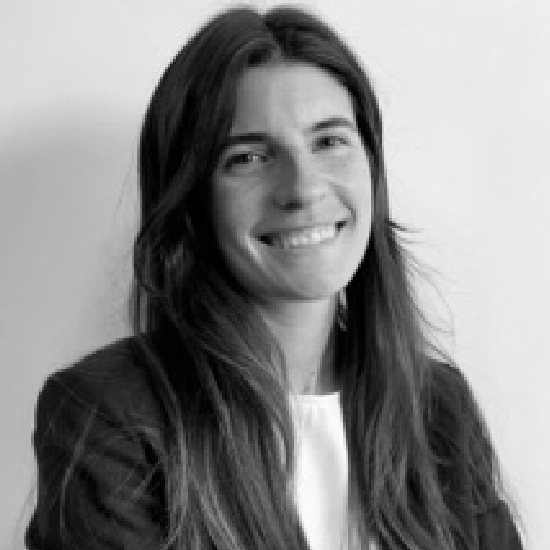
Chairs: Lars Münter & Carina Dantas
Date: Thursday, 24th July 2025
Time: 14:00 – 15:30
Mission and objective
Help build next generation data frameworks for AMR progress. This workshop will explore how OneHealth data models can transform AMR efforts. The session highlights the integration of data plaeorms and digital tools that empower communities in science, development, solutions, and implementation and the importance of citizen science in climate and biosphere solutions.
Strategies to fight AMR will be ineffective if data surveillance is slow or fragmented. Clinical systems face a losing battle against AMR in hospitals and care homes, antibiotic research is slow and costly, and diagnostic systems are still struggling to deliver accurate results for GPs.
While generalized approach to AMR literacy can be difficult to initiate and tricky to monitor for progress, targeted, practical interventions yield high impact in specific settings. And new projects under the OneHealth framework show promise, gathering higher-quality data from diverse sources, including environmental, urban, and social determinants.
Intended Audience
- We invite all kinds of professionals interested in fighting the silent pandemic of AMR and in advancing local, national, or global policies for One Health
- Public health professionals – perhaps working with health literacy programmes or citizen engagement
- Infection prevention professionals – perhaps working with community action
- Data scientists eager to build real time decision support tools
- Health system specialists – perhaps working across health determinants
- Health communication specialists interested in transformatory storytelling
- Health economy analysts interested in high ROI initiatives
Expected outcomes
- Five innovative data sets to reshape possibilities for AMR analysis.
- Five innovative decision support tools to reshape possibilities for AMR action.
- A stronger link between professionals in the digital health community, One Health activists, and the AMR issue.
Format and schedule
| Data Landscapes and Applications for AMR | |
| 14:00 – 14:18 | 3 x 3 min intro from Patty Kostkova, Carina Dantas, and Paloma Moraga Alapont (IHI REaDI project), followed by debate session facilitated by Lars Münter |
| 14:18 – 14:24 | Presentation of EHFF AMR Action Group findings by Lars Münter to inspire data design |
| 14:24 – 14:30 | Presentation of OneAquaHealth model by Carina Dantas to inspire application design |
| 14:30 – 15:10 | Participants are placed in groups of 8 to reimagine five data design feature needs for urban, rural, community, institutional, and clinical settings. |
| 15:10 – 15:22 | All groups report |
| 15:22 – 15:26 | Feedback from brave participant; Name one key personal takeaway from session |
| 15:26 – 15:30 | Summary by Lars Münter and Carina Dantas |
SPEAKERS

Lars Münter (Chair)
Nordic Wellbeing Academy

Carina Dantas (Chair)
SHINE 2Europe

UCL dPHE

La Paz University Hospital
